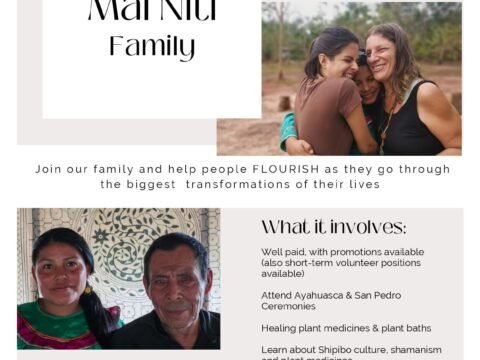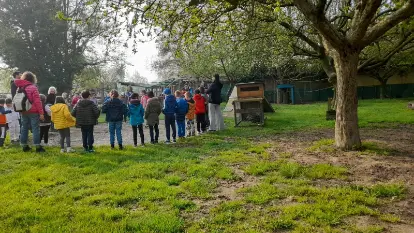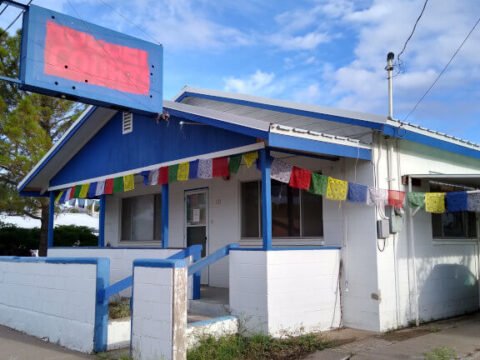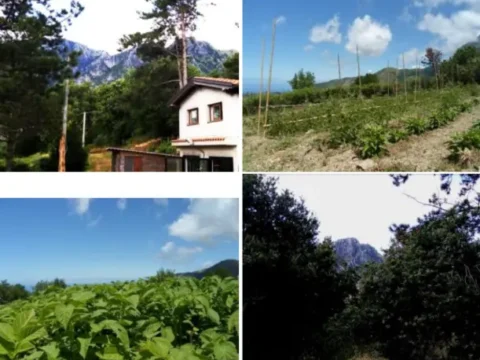Medicinal herbs
Medicinal herbs or (Officinal herbs)
On this page, you can find a selection of hosts, organizations, organic farms or communities that offer volunteer experiences which (might be also) related to medicinal herbs. – To read them, please, scroll down to the bottom.
Officinal plants/herbs: What are they?
Officinal herbs are defined as those herbs and plants that could be useful in medicine and pharmacology due to their therapeutic properties. Many of these plants and herbs grow in the wild: herbalists find them and harvest them in order to turn them into:
- essential oils,
- ointments,
- herbal teas
- cosmetics.
The World Health Organisation (WHO) defines officinal plants as those that “contains, in one or more organs, substances which are good for therapeutic or preventive purposes or that are precursors to chemopharmaceutical emisinthesis”.
Note
Every country or nation sees the curative properties of an officinal plant in a different way: depending on the type of legislation in force, some plants might or might not be recognised as “therapeutical”.
The History of medicinal herbs
The use of officinal herbs dates back to antiquity.
- The Ancient Egyptians used medicinal plants for mummification procedures;
- The Ancient Greeks furtherly developed the concept of medicinal plants and herbs;
- As far as we know today, the oldest known medicinal herb garden is from the 1st century AD.
- in the Middle Ages, the Arabs discovered alcohol, from the distillation of herbs and medicinal plants;
- We have found the first pharmaceutical text from the 11th and 13th centuries: it describes in details, the curative properties of certain medicinal herbs;
- In the 16th century, Pier Andrea Mattioli wrote the medical text ‘Discorsi’, in which he explains the curative effects of medicinal plants; modern pharmacology was born in the 18th century: the curative properties of herbs and medicinal plants were extended to phytotherapy and homoeopathy.
Examples of medicinal herbs – The most common medicinal plants and herbs include:
- aloe vera,
- marjoram
- mallow
- star anise
- green anise
- myrtle
- oregano
- basil,
- thyme,
- rocket,
- rosemary
- mint;
- lavender,
- hops.
Medicinal herb properties
There are countless therapeutic properties of herbs and medicinal plants, including:
- laxative, antiseptic and anti-inflammatory properties;
- they can combat inflammation of the oral cavity;
- aid digestion;
- antibacterial effect
- analgesic;
- weight loss
- diuretic
- digestive/depurative properties
The combined action of the active ingredients makes medicinal plants and herbs unique in terms of their healing properties, a concentration that is difficult to replicate in the laboratory.
Plants and herbs whose use is strongly discouraged are:
Healing plants and herbs that are strongly discouraged are:
- frangula,
- rhubarb,
- senna,
- cascara,
- aloe vera, which has laxative properties and can cause contractions and the consequent threat of miscarriage or premature birth;
- fennel and mint, due to allergen risk;
- mint and fennel, allergy risk;
- sage and artichoke
Experts discourage the use of medicinal herbs during pregnancy and breastfeeding. We recommend to administer herbs and plants only on medical advice, to avoid unpleasant inconveniences such as allergies or other side effects.
For more information, visit the Wikipedia page or contact your personal medical advisor.
Learn about Officinal herbs while volunteering
Officinal herbs – The hosts or the members of the community projects listed on this page are (somehow) knowledgeable about medicinal plants and are willing to share their knowledge with the volunteer community.
How does it work?
Read the listings below very carefully. Once you want to contact the hosts, please check the contact details section, it is usually at the end of the announcement. Use the relative contacts (email, phone numbers, websites, etc. etc.) to get in touch with the volunteers’ coordinators or host. Voluntouring is just a database and does not work as an intermediation between the volunteers and the hosts.
For more information, please click here or read the FAQ page for volunteers.
Medicinal Plants – volunteer projects
This page is relatively new. If you are a host and you would like to appear on this list, feel free to add your listing.




















